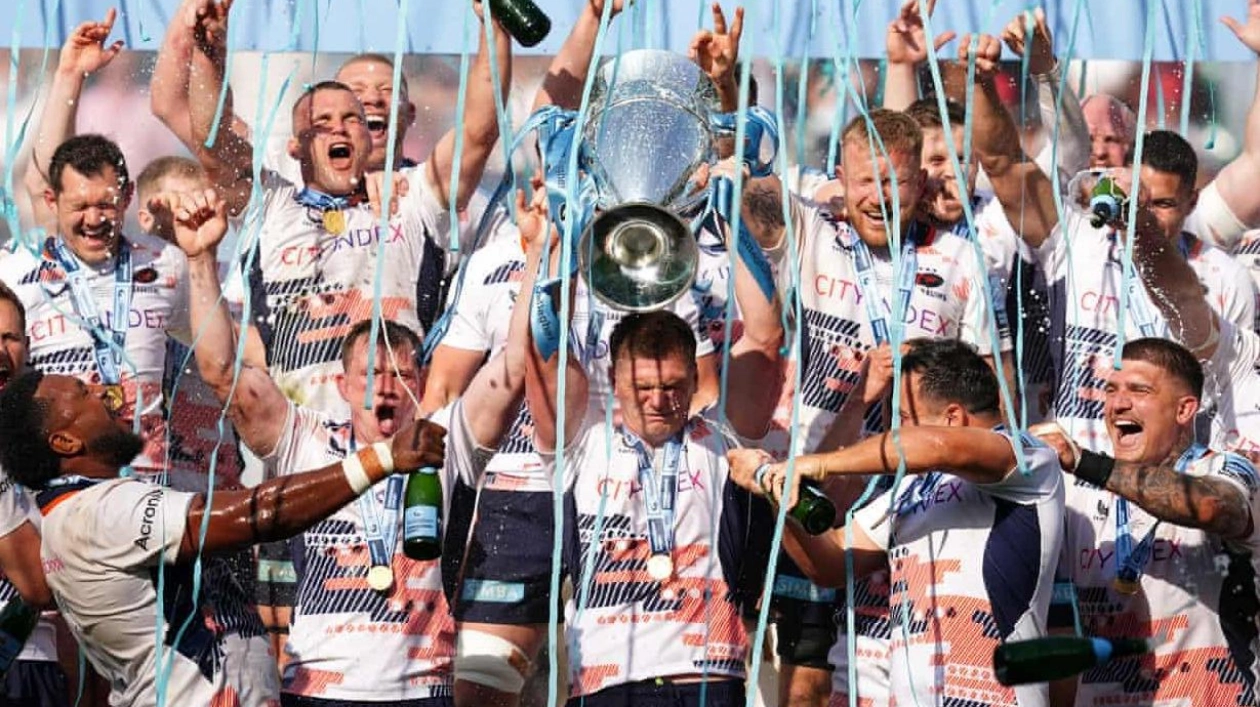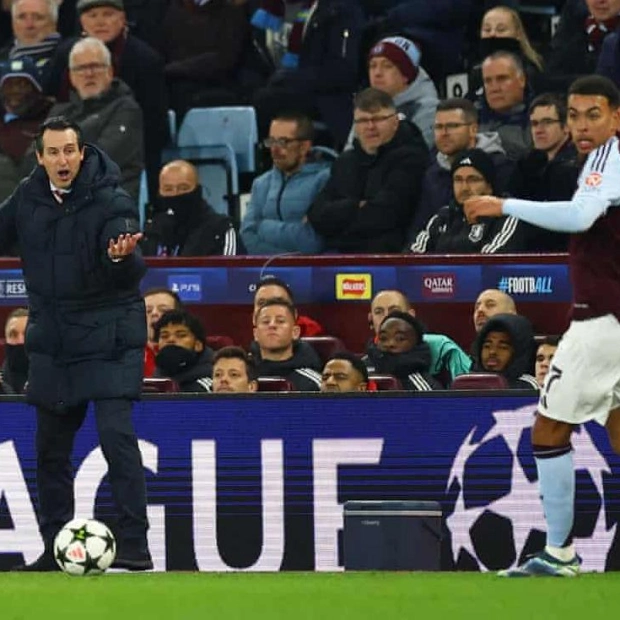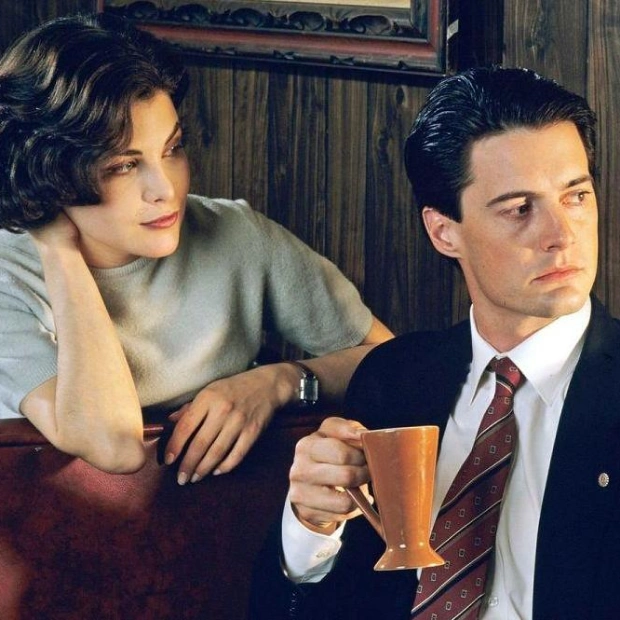Seldom has the disparity between how rugby aspires to be seen and the stark reality been more pronounced than on a dreary midweek lunchtime in the City of London. The Honourable Artillery Company – “Turn right just past the cannon, sir” – stands as a valuable piece of real estate, making it an intriguing venue for launching a scathing critique of the financial health of English club rugby. It was enlightening to sit among rows of financiers and lawyers, listening to various experts, academics, and the former England flanker James Haskell dissect the findings of a recently published independent report on the Premiership’s financial state. Interrupted only by the occasional chime of a grand grandfather clock, the debate was contemporary in the most traditional of settings.
The essence of the discussion was straightforward: rugby needs to confront its financial issues head-on. The report, commissioned by the reputable UK corporate recovery firm Leonard Curtis, revealed that seven out of the 10 English Premiership clubs are balance sheet insolvent and warned of impending crisis if radical changes are not implemented. While the individual financial figures are not new – they are based on the last publicly available club accounts from the 2022-23 season – the aggregated conclusions were impossible to dismiss. With combined debts totaling £311m and relying heavily on a few elderly backers, the foundation for a thriving professional sport is shaky at best.
The report’s co-authors – Jonathan Dyson, Professor Rob Wilson, and Dr. Dan Lumley – have benefited from insights provided by former Harlequins CEO Mark Evans and ex-Bath and Scotland winger Simon Danielli, who now works in private equity. Alex Cadwallader, a former rugby player turned specialist restructuring adviser, has also been pivotal in driving the project, which notably has not received backing from either the Rugby Football Union or Premiership Rugby. Seated at the top table, Haskell was determined to speak candidly about the situation. He shared a story about confronting a leading Wasps official when the club was in dire straits, threatening to damage the office if his teammates were not paid. “If I were a rugby player, I’d be terrified by this report,” he told the Guardian, speaking from experience. “This is a pivotal moment where all the spin and bravado about rugby’s financial health needs to cease.”
Haskell, not always a favorite, is correct in this instance. An audience member pointed out that if these clubs were ordinary businesses, they would be deemed hopeless cases. All clubs reported a net loss in 2022-23, with nine out of 10 losing over £1m, and Saracens leading the losses with a £5.3m deficit. As Cadwallader emphasized, every business must eventually operate within its means. Despite clubs signing the new Professional Game Partnership with the RFU – guaranteeing £3.3m per club per year for the next four years – wages and costs remain too high, and the salary cap has risen to £6.4m. Six clubs had higher debt levels at the end of 2022-23 compared to the previous year, not all of which can be attributed to Covid.
There were a few rays of hope. Harlequins topped the index combining results and financial returns since 2018-19, with Northampton and Leicester also performing well. The league’s playing standards continue to improve, and digital engagement is on the rise. However, broader issues persist. The lack of visibility outside major tournaments like the Six Nations and the World Cup hampers the game’s broader appeal. Recent research indicates that the typical Twickenham (Allianz Stadium) Test attendee is a 55-year-old white male in financial services, prompting concerns about the sport’s future.
Haskell believes it’s time for those in power to be bolder, whether by simplifying the game for new fans, reducing the number of players on the field, or transitioning to a franchise club league. “I don’t think people are thinking clearly. The RFU does a lot of good, but they’re trying to be all things to all people,” he says. “Those days are over. World Rugby, too, is a slow, creaking organization in my view. Is it fear, bureaucracy, or incompetence holding things back? We’re watching this disintegrate. Someone needs to make a decision.” One thing is certain: rugby’s grandfather clock is ticking louder than ever.






